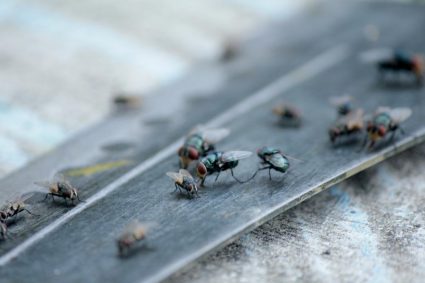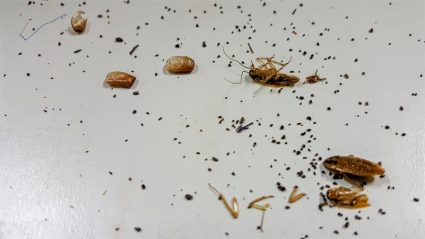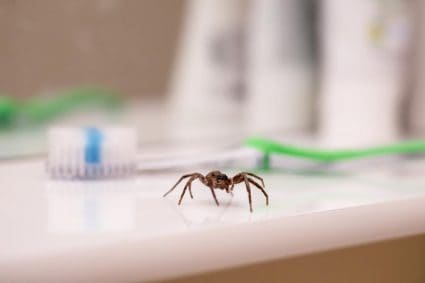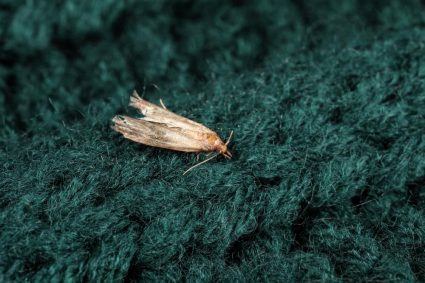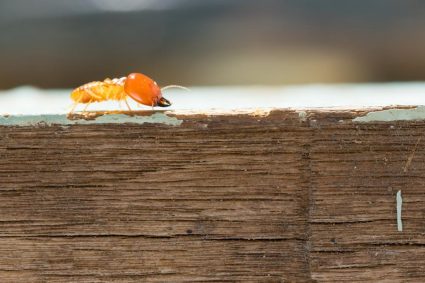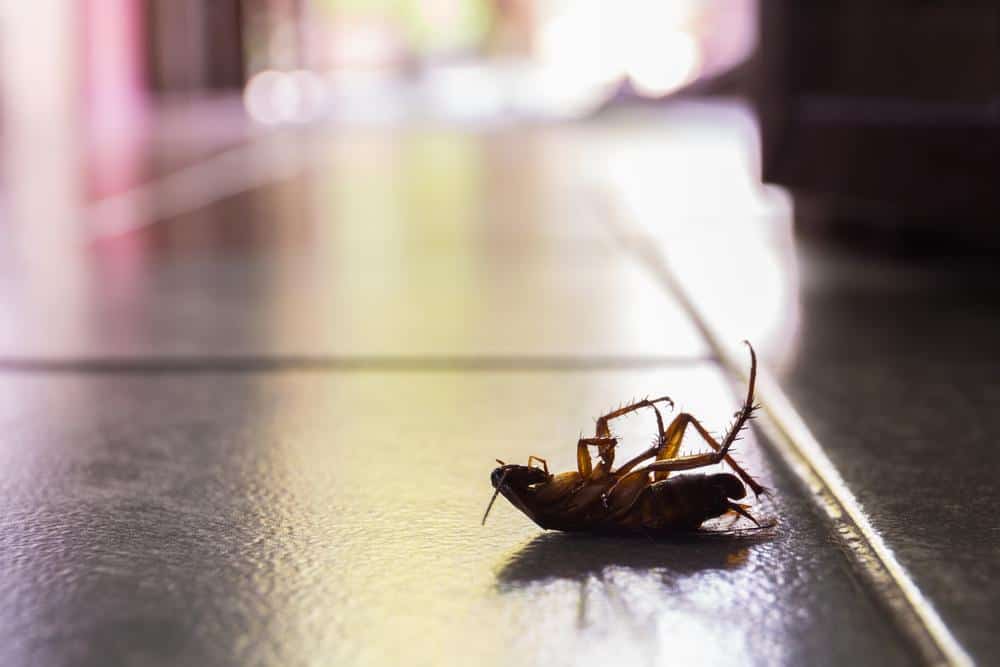
Roach bombs, also known as foggers or total release foggers, are commonly used to eradicate pests like cockroaches, fleas, and flying insects from households. They contain pesticides such as pyrethroid or pyrethrin, which are dispersed into the air to kill insects. However, these chemicals can pose a significant health risk if inhaled by humans or pets. This comprehensive article will delve into the effects of inhaling roach bomb fumes, the potential health risks involved, and safer alternatives you can consider.
Inhaling roach bomb fumes can lead to immediate health effects such as nose and throat irritation, difficulty breathing, headaches, dizziness, and even vomiting. Long-term exposure can cause serious health issues including nerve damage, cancer, and organ damage. If you accidentally inhale these fumes, move to fresh air immediately and seek medical help if symptoms persist. It’s best to follow safety guidelines when using roach bombs or consider safer alternatives.
Understanding Roach Bombs
Roach bombs work by releasing a mist of insecticides into the air, which then settles on surfaces and potentially kills cockroaches on contact. However, according to the National Pesticide Information Center, these bombs may not always eliminate pest problems entirely, as they may not reach all the hidden insects.
Common Ingredients in Roach Bombs
The main active ingredients in most roach bombs are pyrethroid or pyrethrin pesticides, with other chemicals like cypermethrin, tetramethrin, and permethrin also present. Some bombs may contain piperonyl butoxide and n-octyl bicycloheptene dicarboximide, which enhance the effectiveness of pyrethrins.
Short-term Health Effects of Inhaling Roach Bomb Fumes
Inhaling roach bomb fumes can cause immediate health effects, including:
- Nose and throat irritation
- Difficulty breathing
- Coughing
- Headaches
- Dizziness
- Vomiting
- Diarrhea
- Allergic reactions
People with asthma or respiratory conditions are at a higher risk, as bug bombs can trigger asthma attacks and severe respiratory reactions.
Long-term Health Effects of Inhaling Roach Bomb Fumes
Long-term exposure to the pesticides in roach bombs has been linked to various health issues, including:
- Abnormal nerve conduction
- Cancer
- Brain and nervous system damage
- Birth defects
- Infertility
- Damage to the liver, kidneys, lungs, and other body organs
What to Do After Accidental Inhalation
If you accidentally inhale roach bomb fumes, immediately move to fresh air, loosen any tight clothing, and seek medical help if symptoms persist. Contact your local emergency number or the Poison Control Center at 1-800-222-1222 for further instructions.
Preventing Exposure to Roach Bomb Fumes
To prevent exposure, always follow the safety precautions on the product label. These may include using the correct number of foggers for the area, removing or covering exposed food and dishes, evacuating the premises during fogging, and airing out the area before reentering.
Safer Alternatives to Roach Bombs
If you’re looking for safer alternatives to roach bombs, consider options like glue boards, crack-and-crevice treatments, baits, neem, borax and sugar mix, diatomaceous earth, insect gels, and homemade sprays using white vinegar or detergent.
In conclusion, while roach bombs can be an effective way to kill pests, they come with potential health risks if inhaled. Always follow safety guidelines when using these products, and consider safer alternatives when possible.
Frequently Asked Questions
What are bug bombs or roach bombs used for?
Roach bombs or bug bombs are used to eliminate pests such as cockroaches, fleas, and flying insects from homes. They work by releasing a mist of insecticides into the air that settles on surfaces and kills these pests on contact.
Are roach bombs effective in eliminating all pests?
Not always. According to the National Pesticide Information Center, roach bombs may not completely eliminate pest problems as they may not reach all the hidden insects.
What should I do if I accidentally inhale roach bomb fumes?
If you accidentally inhale roach bomb fumes, you should immediately move to fresh air, loosen any tight clothing, and seek medical help if symptoms persist. You can also contact your local emergency number or the Poison Control Center at 1-800-222-1222 for further instructions.
What precautions should I take when using a roach bomb?
To prevent exposure to roach bomb fumes, always follow the safety precautions on the product label. These may include using the correct number of foggers for the area, removing or covering exposed food and dishes, evacuating the premises during fogging, and airing out the area before reentering.
Are there any safer alternatives to roach bombs?
Yes, there are safer alternatives to roach bombs. Some of these include glue boards, crack-and-crevice treatments, baits, neem, borax and sugar mix, diatomaceous earth, insect gels, and homemade sprays using white vinegar or detergent.


